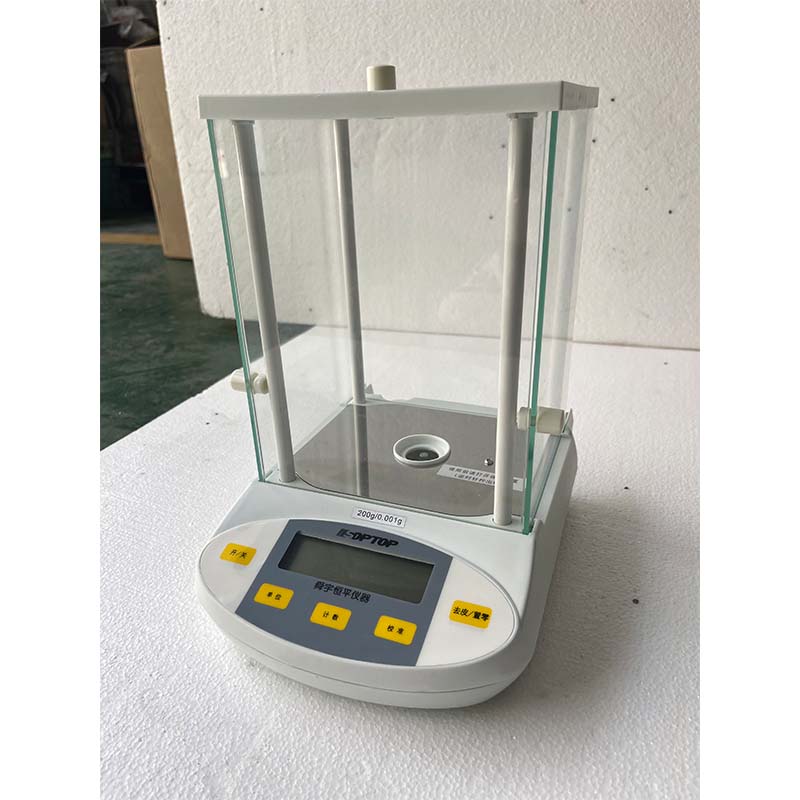conductor resistance constant temperature test manufacturers
Understanding Conductor Resistance Constant Temperature Testing in Electrical Manufacturing
In the ever-evolving landscape of electrical engineering and manufacturing, the assessment of conductor resistance plays a critical role in ensuring the reliability and efficiency of electrical systems. One particular area of focus is the constant temperature test for conductor resistance, which is essential for manufacturers aiming to guarantee high-quality products that adhere to industry standards. In this article, we will explore the significance of conductor resistance testing, the methodology involved, and its implications for manufacturers.
The Importance of Conductor Resistance Measurement
Conductor resistance is a measure of how much a conductor opposes the flow of electric current. It is influenced by several factors, including the material type, cross-sectional area, temperature, and length of the conductor. Accurate measurement of resistance is vital for several reasons
1. Safety Excessive resistance can lead to heat generation, increasing risk of electrical fires and equipment failures. Testing helps to ensure safety in electrical applications, protecting both users and equipment. 2. Efficiency High resistance in conductors leads to energy losses in the form of heat, which diminishes the overall efficiency of electrical systems. Ensuring low resistance helps maintain energy efficiency and reduces operational costs.
3. Compliance Many industries are governed by strict regulatory standards. Regular resistance testing allows manufacturers to comply with these standards, which is essential for market access and credibility.
4. Quality Assurance In manufacturing, quality assurance is paramount. Conducting resistance tests helps manufacturers identify any defects or inconsistencies in their products, ensuring that only high-quality components are delivered to customers.
Constant Temperature Testing Methodology
Constant temperature testing is a standardized approach used by manufacturers to evaluate conductor resistance accurately. The principle behind this method is that resistance can vary with temperature, and by controlling the temperature during the test, manufacturers can obtain consistent and comparable results.
1. Preparation The conductor samples, typically made from copper or aluminum, are prepared according to the relevant industry standards. This includes cleaning the surfaces to be tested to eliminate any contaminants that could affect the results.
conductor resistance constant temperature test manufacturers

2. Temperature Control The samples are placed in an environment where the temperature can be precisely regulated. The constant temperature is usually set to a standard reference point, such as 20°C or 25°C, to ensure uniformity across tests.
3. Measurement The resistance is measured using precise instruments such as a four-wire resistance meter. This method eliminates errors caused by lead resistance and ensures accurate readings.
4. Data Analysis Once the measurements are obtained, the data is analyzed to determine the resistance values. These values are compared against established industry benchmarks to assess compliance and performance.
Implications for Manufacturers
For manufacturers, implementing constant temperature resistance testing has several implications
- Enhanced Product Quality Regular testing leads to the production of higher quality conductors that perform reliably in various conditions, ultimately enhancing customer satisfaction. - Cost Savings By identifying and rectifying issues early in the manufacturing process, companies can avoid costly recalls and repairs associated with faulty components.
- Reputation and Trust Maintaining a rigorous testing program enhances a manufacturer's reputation for excellence, leading to stronger relationships with clients and a competitive edge in the market.
- Innovation and Adaptability Manufacturers who invest in advanced testing methodologies are better positioned to innovate, adapt to changing regulations, and meet evolving customer demands.
In conclusion, conductor resistance constant temperature testing is a crucial step in the manufacturing process. It not only ensures compliance with safety and efficiency standards but also reinforces manufacturers' commitment to quality. By embracing such rigorous testing protocols, the electrical manufacturing industry can continue to thrive and innovate in an increasingly competitive environment.
-
Why the Conductor Resistance Constant Temperature Measurement Machine Redefines Precision
NewsJun.20,2025
-
Reliable Testing Starts Here: Why the High Insulation Resistance Measuring Instrument Is a Must-Have
NewsJun.20,2025
-
Flexible Cable Flexing Test Equipment: The Precision Standard for Cable Durability and Performance Testing
NewsJun.20,2025
-
Digital Measurement Projector: Precision Visualization for Modern Manufacturing
NewsJun.20,2025
-
Computer Control Electronic Tensile Tester: Precision and Power for the Modern Metal Industry
NewsJun.20,2025
-
Cable Spark Tester: Your Ultimate Insulation Assurance for Wire and Cable Testing
NewsJun.20,2025
 Copyright © 2025 Hebei Fangyuan Instrument & Equipment Co.,Ltd. All Rights Reserved. Sitemap | Privacy Policy
Copyright © 2025 Hebei Fangyuan Instrument & Equipment Co.,Ltd. All Rights Reserved. Sitemap | Privacy Policy
